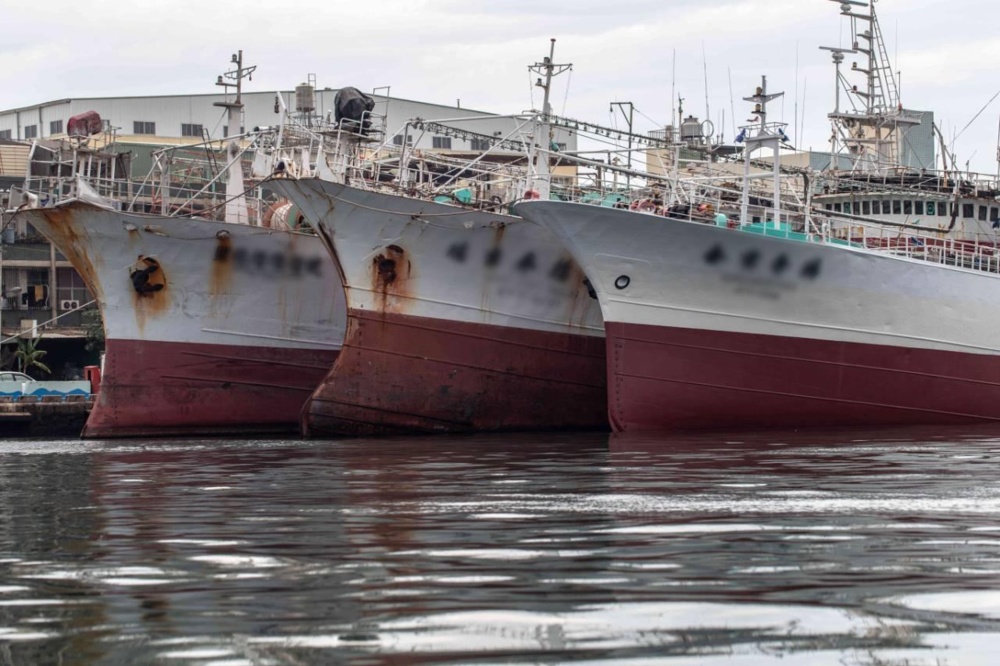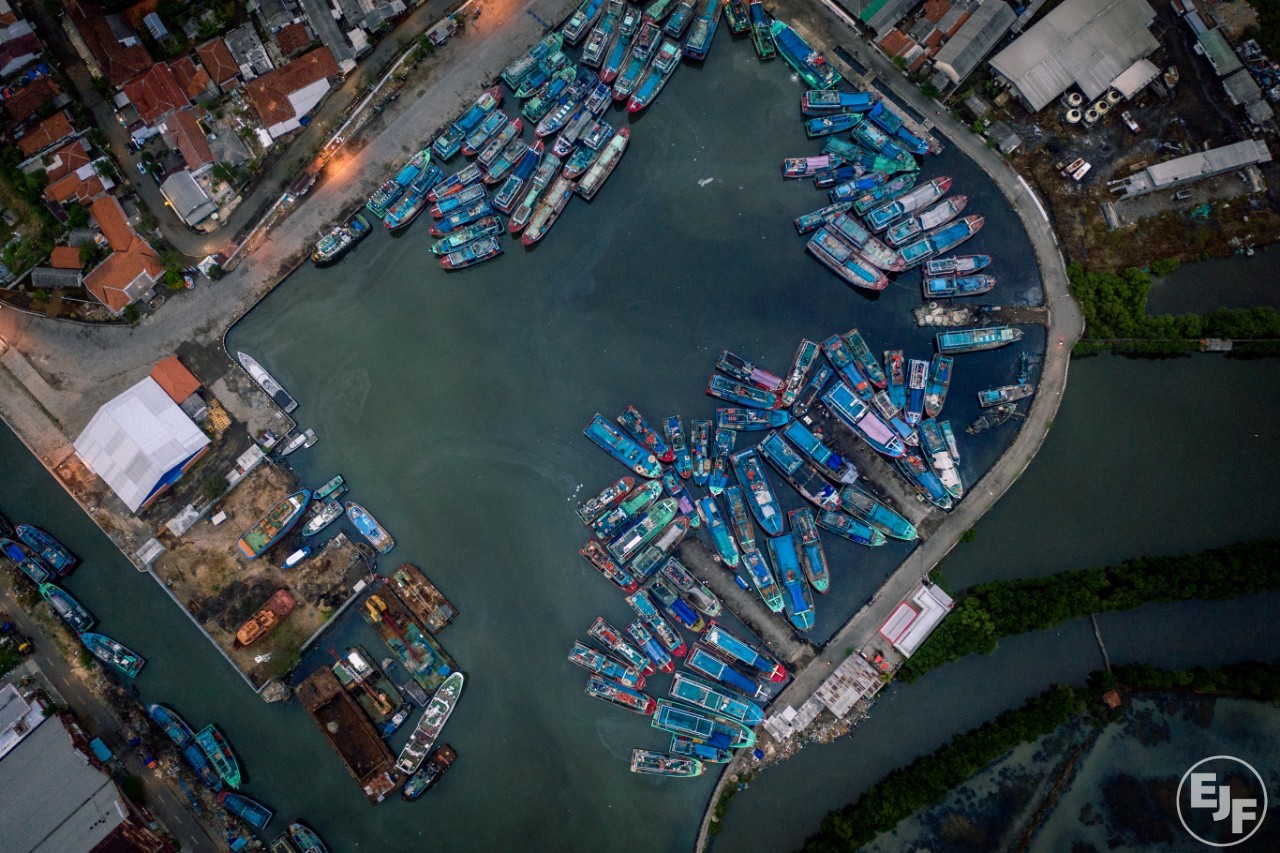
Widespread abuse and illegal fishing as Taiwan’s fleet remains out of control
Violent abuse of migrant workers and flagrant illegal fishing are systemic problems across Taiwan’s distant water fishing fleet, a survey conducted by EJF of crew from 62 vessels has found. Crew from 24% of the vessels reported physical abuse and 92% reported having their wages withheld. Sharks were finned and bodies discarded on half of the vessels.
EJF interviewed 71 former Indonesian fishers between August 2018 and November 2019 who had worked on 62 Taiwanese vessels. Workers from nearly a quarter (24%) of the vessels reported violent physical abuse, mostly being kicked and beaten by the captain or senior crew. One man, Supri from Indonesia, was locked in a freezer by the captain while he was still wet from the shower.
“It was so cold inside. He did it on purpose. I shouted ‘Captain! Captain!’ Begging him to open [the door]. I kicked at it, but still he kept it locked. I was afraid, afraid of death. If I die, who will take care of my kid and my wife?”
On the same trip Supri was electrocuted with a stun gun by a fellow crew member under orders from the captain. The tool is used to kill fish, and the shocks left Supri weak and in pain.
The individual stories are damning, but the systemic nature of the issues informs a series of reforms that NGOs say are urgently required, including the introduction of cameras on vessels. Despite recent encouraging statements from Taiwan’s government promising to adopt key international standards, vessels currently operate with limited oversight. Over three quarters of overseas ports used by Taiwan’s fishing fleet have no Taiwanese inspectors.
92% of the crew interviewed had had their wages withheld, creating conditions that can lead to debt bondage. 82% worked excessive overtime, with many fishers reporting that they had to work up to 20 hours per day with very little time to rest.
Abuse of wildlife
The abuse of the crew was matched by flagrant disregard for ocean wildlife and the law.
Protected species of dolphins were harpooned as they rode ships’ bow waves, hauled aboard and used as bait to catch sharks. These practices were reported by workers from eight of the vessels. Crew from half of the vessels reported illegally finning sharks and discarding the bodies, and on seven of the boats, crew reported catching and killing false killer whales.
EJF’s findings follow a report released by Greenpeace East Asia in March 2020 that documented “suspected forced labour and environmental destruction” on Taiwanese vessels.
The 2020 Trafficking in Persons report released by the US State Department last month also raised serious concerns, saying “Migrant fishermen have reported senior crewmembers employ such coercive tactics as threats of physical violence, beatings, withholding of food and water, retention of identity documents, wage deductions, and non-contractual compulsory sharing of vessel operational costs to retain their labor.” The report also found that “Insufficient staffing and inspection protocols continued to impede efforts to combat forced labor on Taiwan-flagged and -owned fishing vessels in the highly vulnerable Distant Water Fleet.” Though these findings did not result in Taiwan being downgraded in the report’s rating system, they point to the urgent need for reform.
The way forward
EJF’s investigation reveals that human rights abuse and illegal fishing are still widespread in Taiwan’s distant water fleet. The exploitation of migrant crew and destructive, illegal fishing practices take place amidst rapidly declining fish populations. This race to the bottom risks the future of our oceans.
Taiwan has taken important legal steps to protect workers and ban shark finning and the killing of cetaceans. However, these laws are meaningless if they are not enforced. Vessels currently operate far at sea, with little or no prospect of being inspected and no reliable mechanisms to verify their catch. This must be urgently addressed. To combat this it Taiwan must adopt basic measures to build transparency in its fishing operations – adopting and implementing EJF’s Charter for Transparency - and ensuring that its own laws are enforced.
SIGN UP FOR OUR EMAILS AND STAY UP TO DATE WITH EJF

